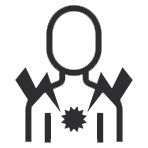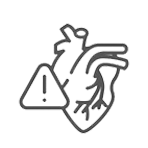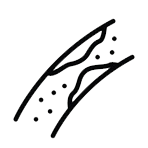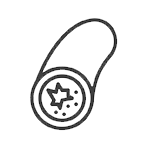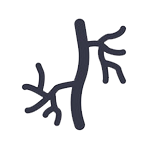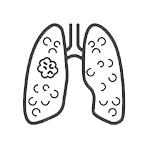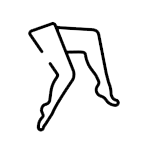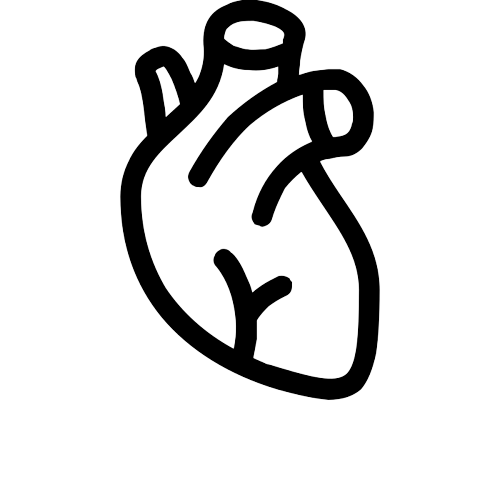Cardio-myopathy
Cardiomyopathy is a condition that affects the pumping function of the heart muscle. There are a variety of cardiomyopathies. And these varieties have distinct causes. Cardiomyopathy can develop as a result of cardiac disease, such as a heart attack, or it can be inherited.
Q & A
Cardiomyopathy is a condition that affects the pumping function of the heart muscle. There are a variety of cardiomyopathies. And these varieties have distinct causes. Cardiomyopathy can develop as a result of cardiac disease, such as a heart attack, or it can be inherited.
Cardiomyopathies types
Certain kinds of cardiomyopathies include:
Dilated cardiomyopathy The heart’s chambers swell and weaken. Examples include:
- Alcohol cardiomyopathy.
- Drug-related cardiomyopathy, particularly cocaine and methamphetamine.
- Infectious cardiomyopathy
- Infammatory cardiomyopathy
- Ischemic cardiomyopathy
- Peripartum cardiomyopathy
- Tachycardia-induced cardiomyopathy
- Hypertrophic cardiomyopathy. The heart muscle thickens and becomes unable to relax normally.
Restrictive cardiomyopathy. The cardiac muscle becomes rigid. Examples include:
- Sarcoid cardiomyopathy.
- Transthyretin cardiac amyloidosis cardiomyopathy.
- Arrhythmogenic right ventircular cardiomyopathy. A portion of the cardiac muscle is replaced by fibrous tissue.
What happens
In certain cardiomyopathies, the alterations in the heart muscle might result in other heart conditions, such as heart failure. Heart failure is the inability of the heart to pump blood normally. When the heart is unable to efficiently pump blood, the remainder of the body may not receive sufficient blood, oxygen, or nutrition. Cardiomyopathy may also result in atrial fibrillation, a type of abnormal heartbeat.
Treatments
The treatment for cardiomyopathy depends on the kind of cardiomyopathy and the heart problems that result from the heart muscle alterations. Typical treatments include medication and healthy lifestyle modifications.

